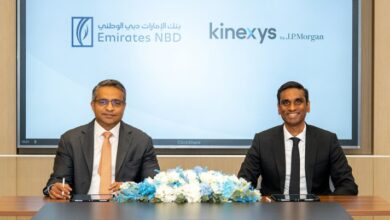
A recent survey conducted by the Boston Consulting Group (BCG) indicates that at least 93% of C-Suite executives in the Middle East are planning to increase investment in artificial intelligence and generative AI (GenAI) within the upcoming year.
Following closely behind, Europe and Asia show similarly high levels of commitment, with 86% and 85% of executives, respectively, expressing intentions to ramp up investment. Conversely, South America appears poised for the least spending in this domain.
The survey also reveals that a significant portion of executives across the Middle East, Asia-Pacific, and Africa – at 85%, 80%, and 77% respectively – are looking to bolster overall technology investments in 2024.
Furthermore, findings indicate that 54% of Middle Eastern executives are currently directing their AI/GenAI capabilities towards practical application, signaling a shift from limited experimentation to more comprehensive and scalable initiatives.
David Panhans, Managing Director and Senior Partner at Boston Consulting Group, notes the Middle East’s strides in GenAI development, emphasizing the region’s recognition of data as a crucial asset for immediate and strategic value, which fosters significant productivity gains and innovation.
The survey, encompassing responses from 1,406 C-level executives across 50 markets and 14 industries, underscores the Middle East’s leadership in upskilling efforts related to GenAI. However, room for improvement remains evident, with only 11% of Middle East executives reporting that more than a quarter of their workforce has received GenAI training, highlighting ongoing efforts to equip employees with necessary skills for the AI landscape.
Mark Zaleski, Managing Director and Partner at BCG X, emphasizes the Middle East’s focus on strengthening AI capabilities to support and propel advancements in this domain.
Moreover, the survey reveals a cautious approach among over 60% of executives awaiting AI-specific regulations to develop, while only 6% of companies have trained more than a quarter of their workforce in GenAI tools thus far.





